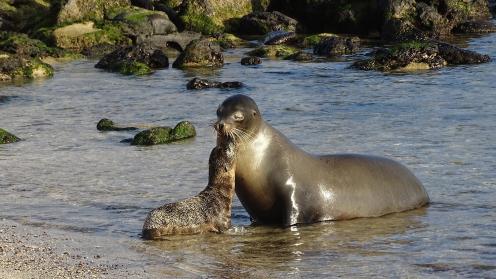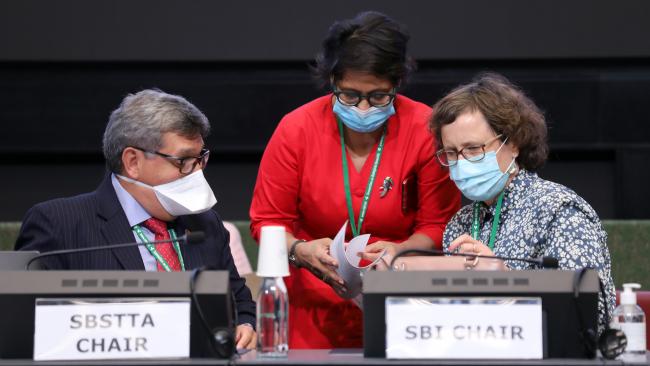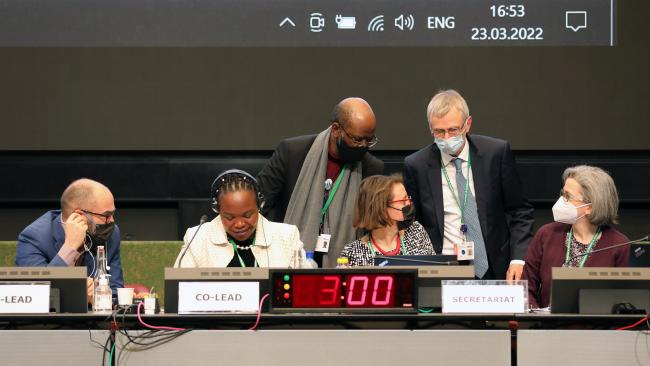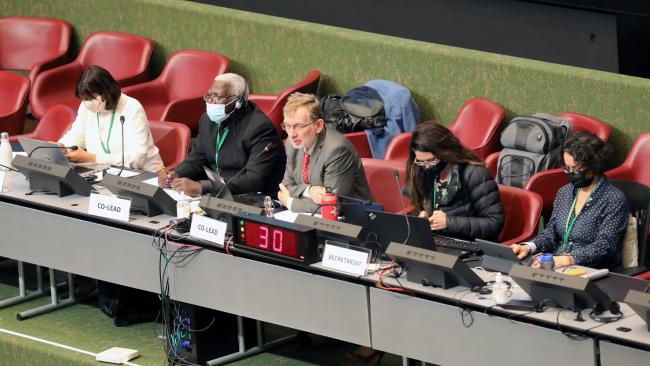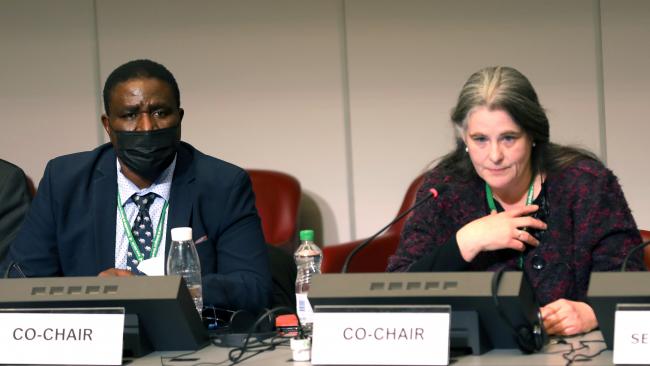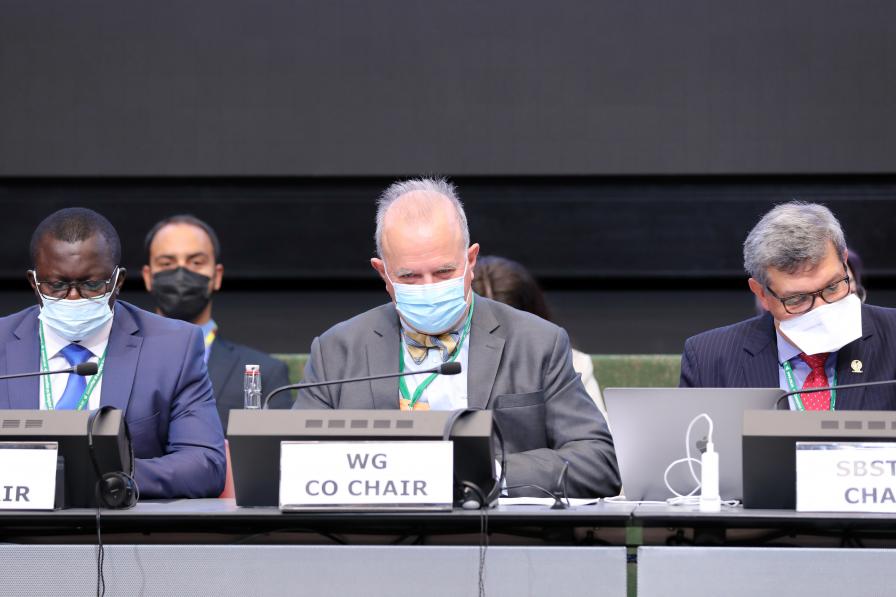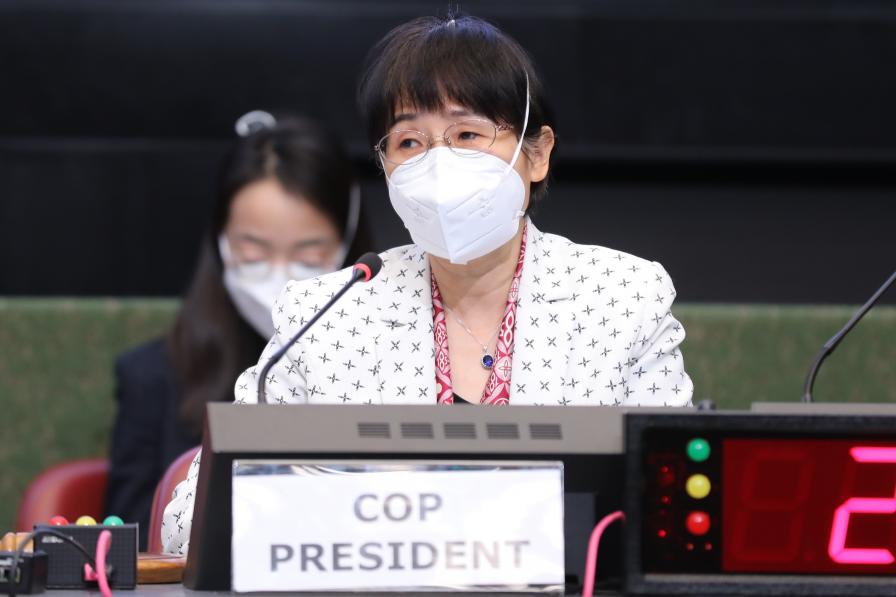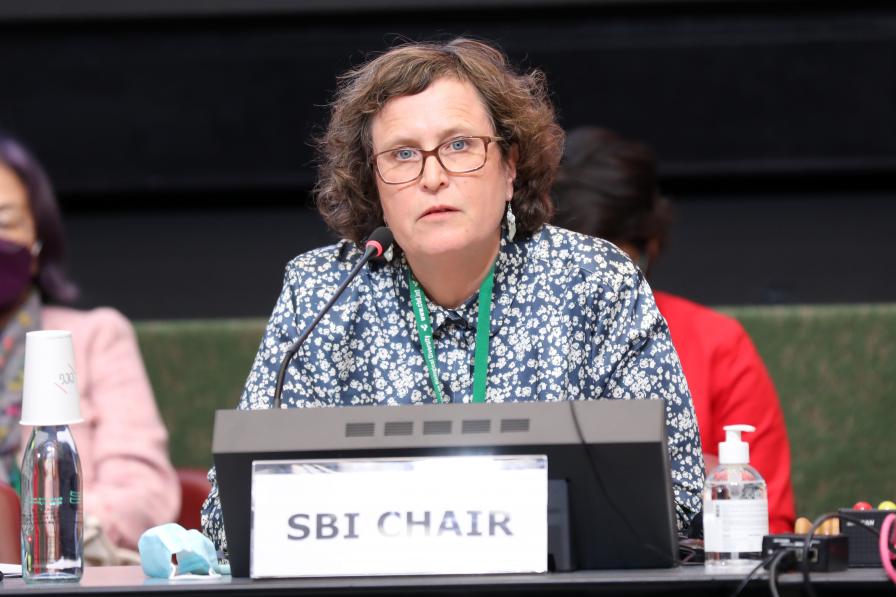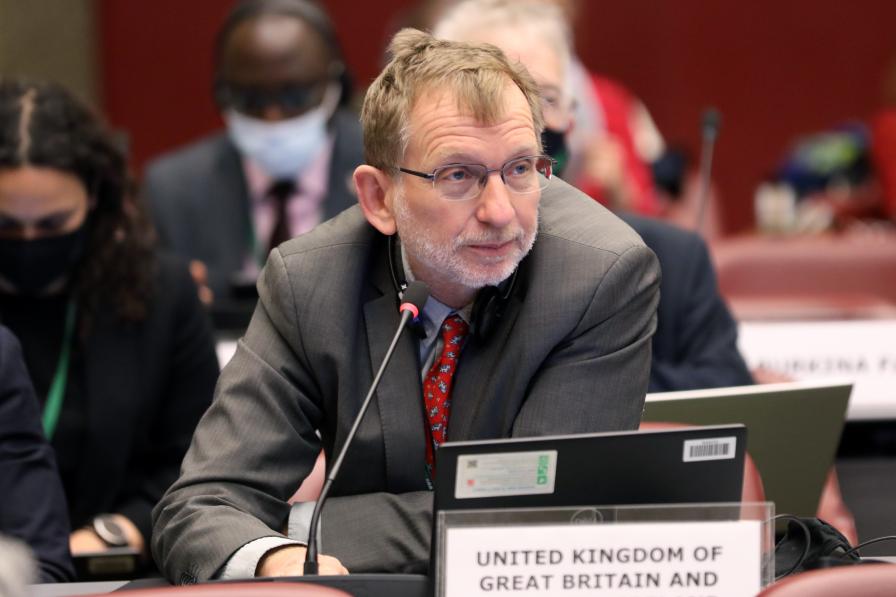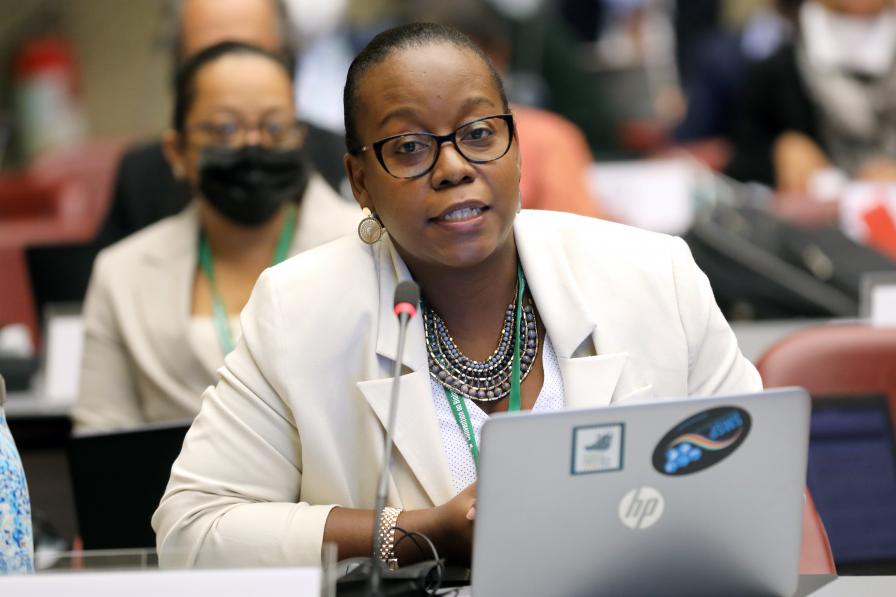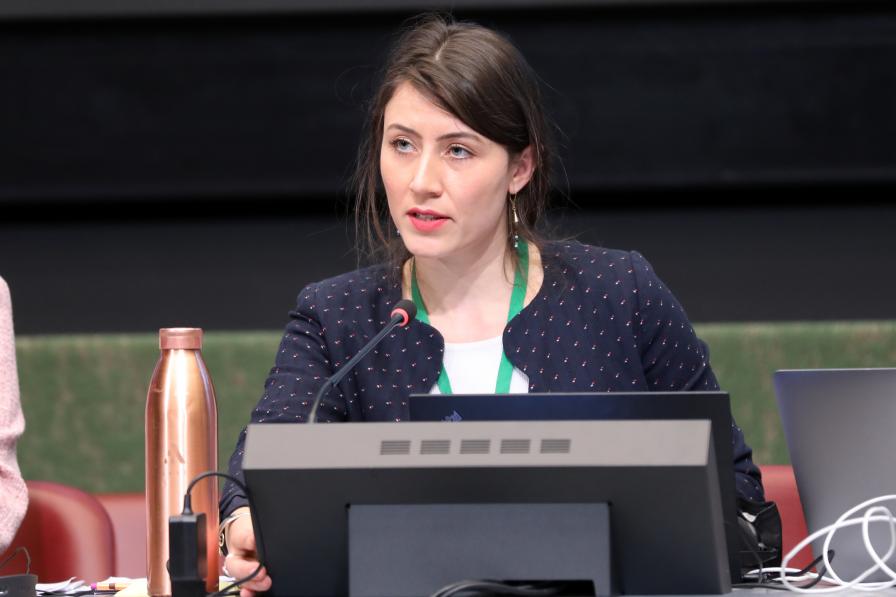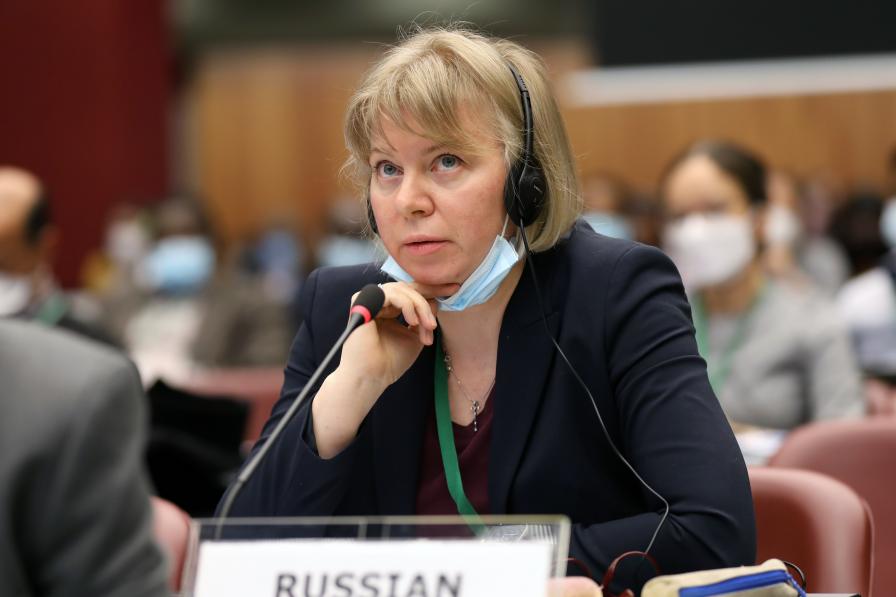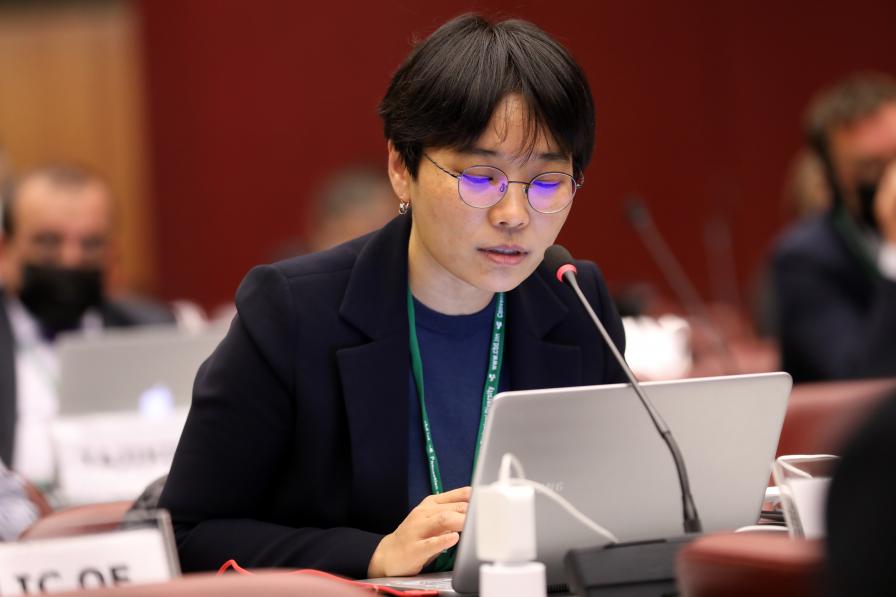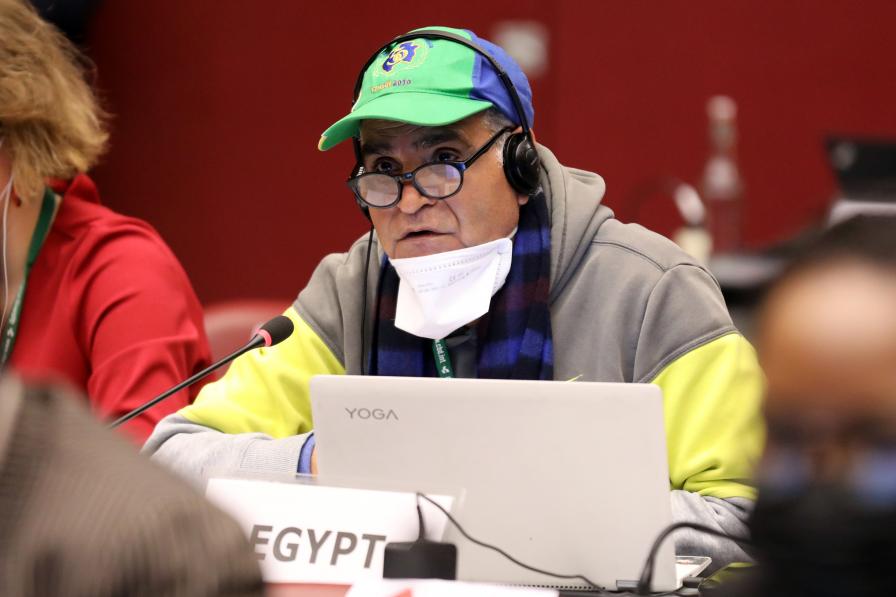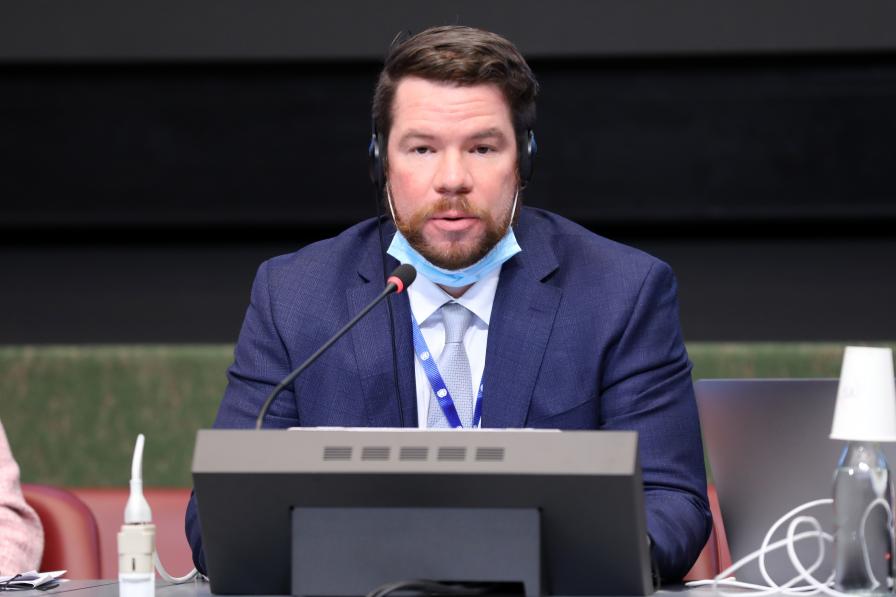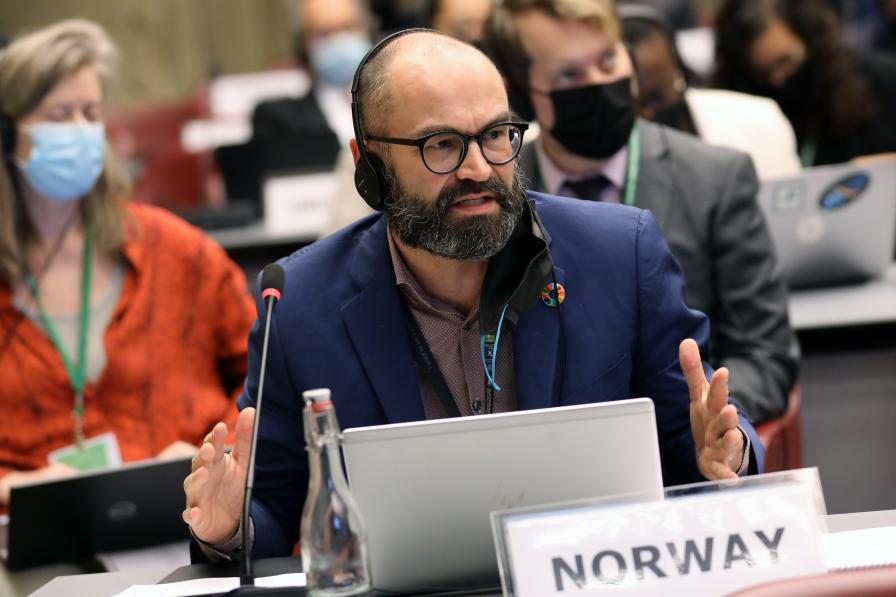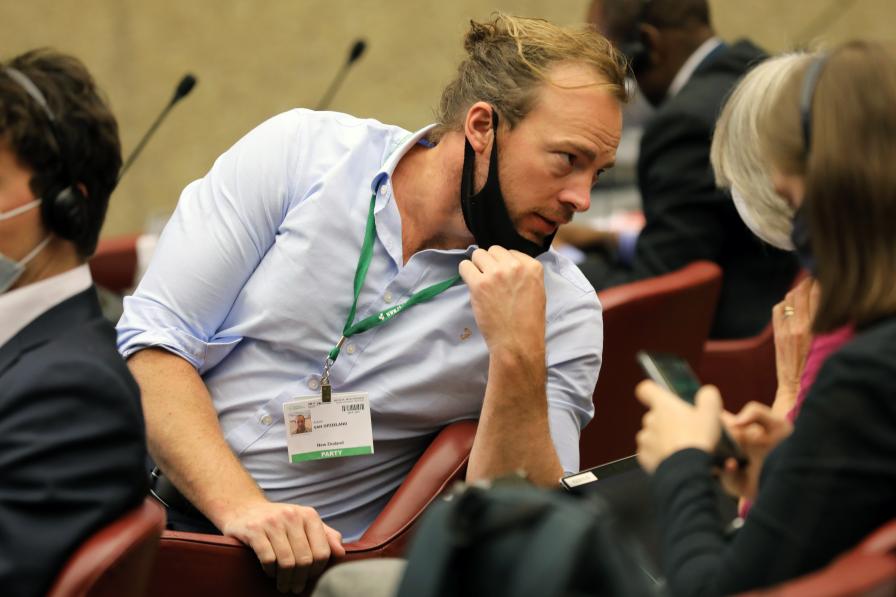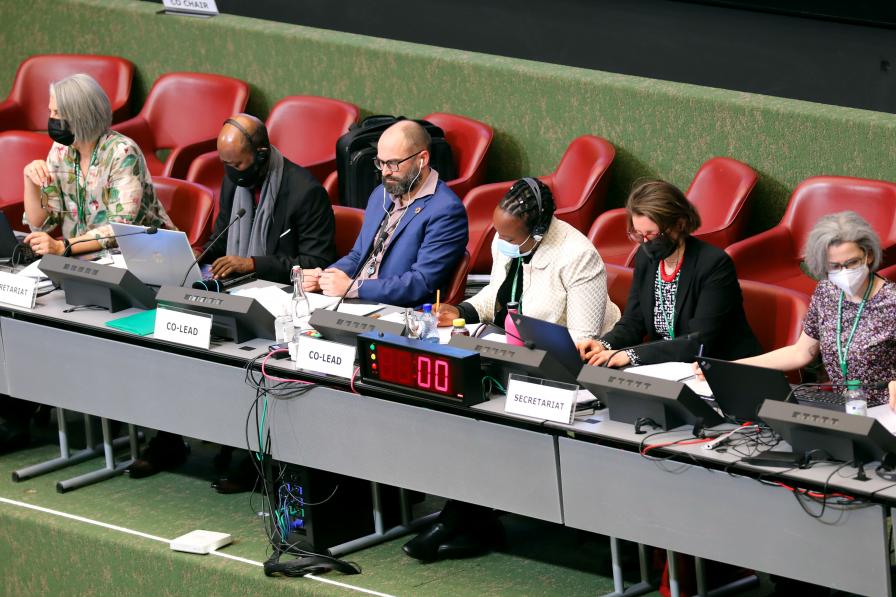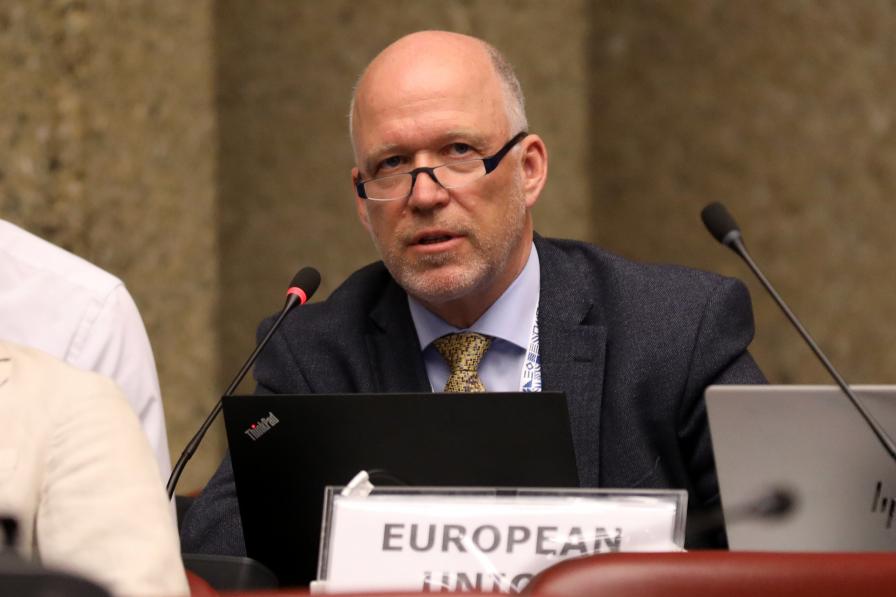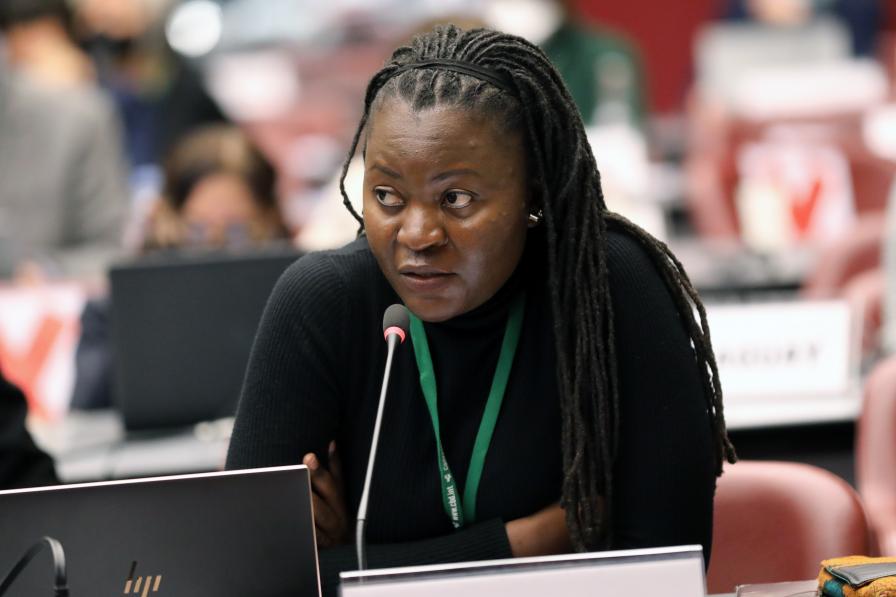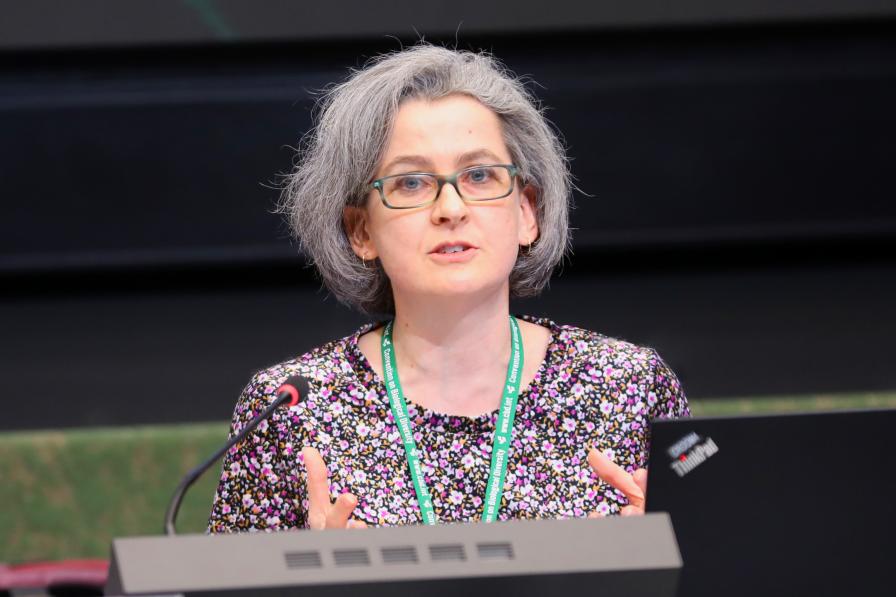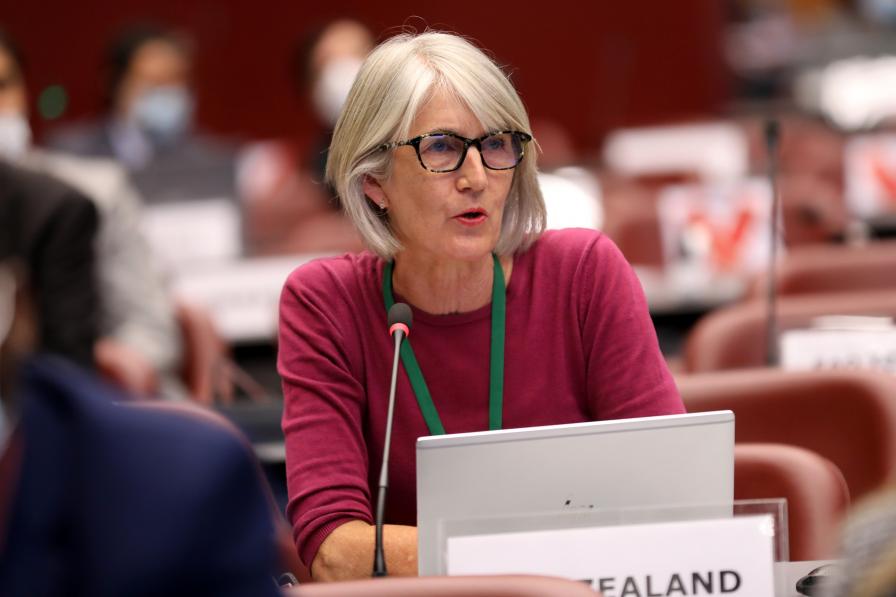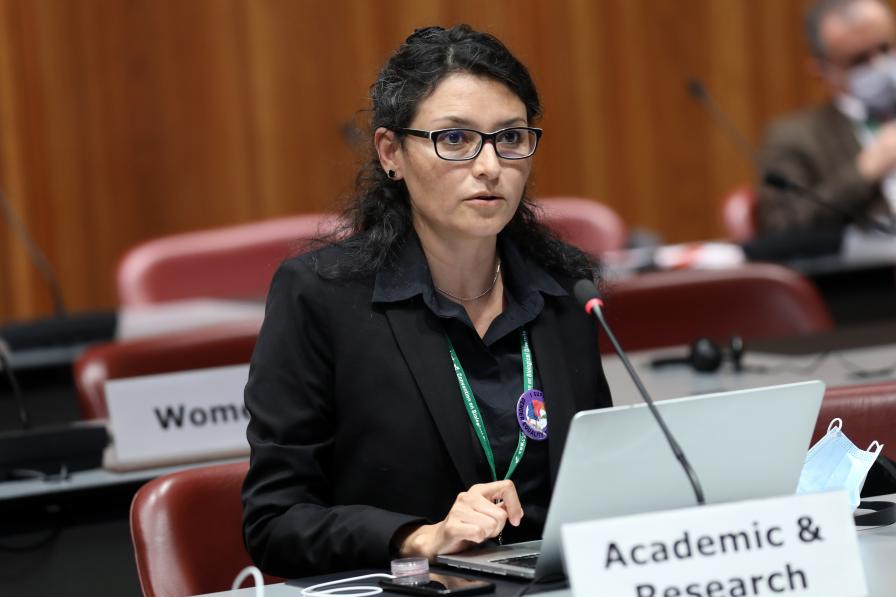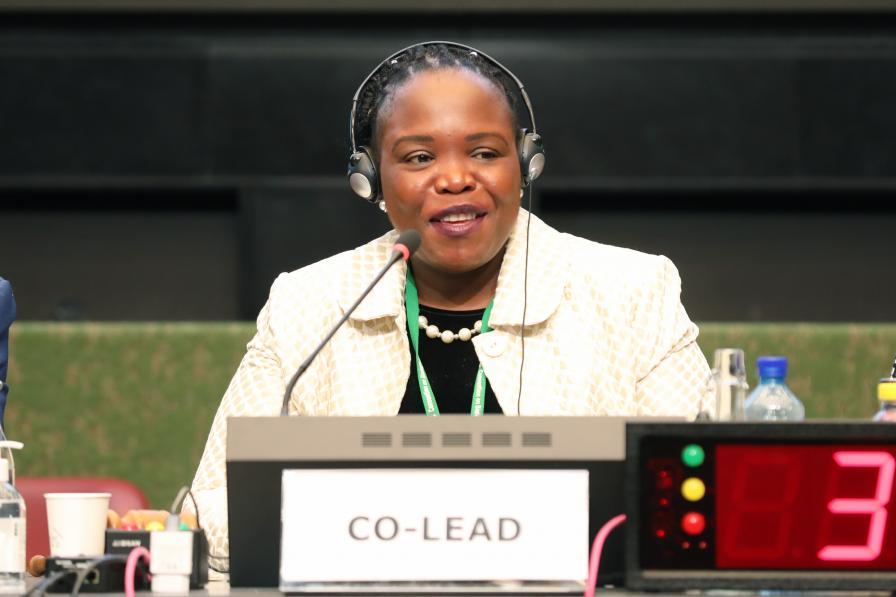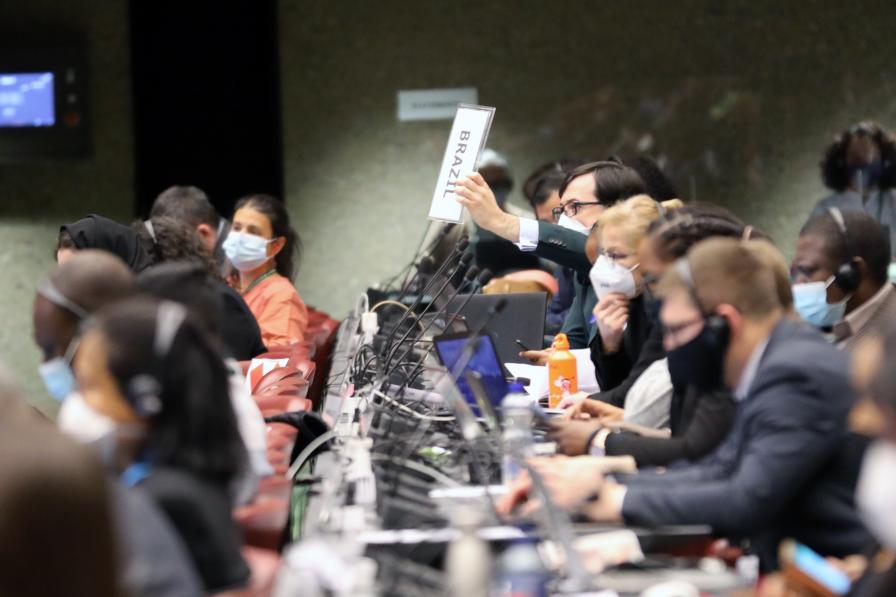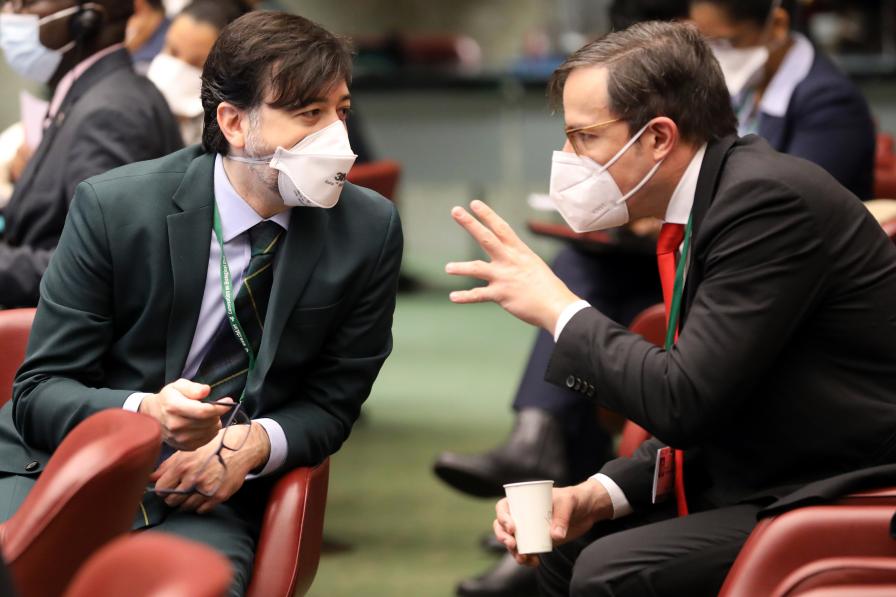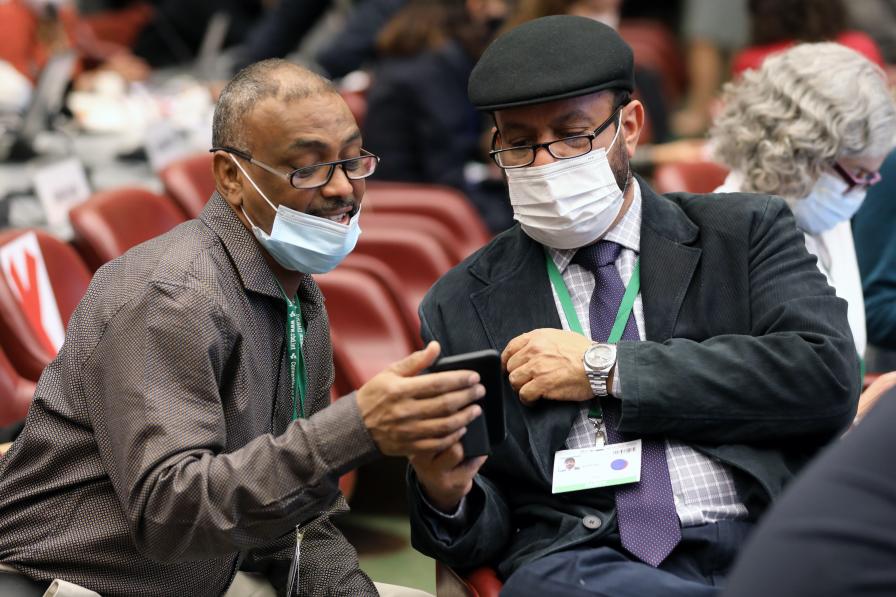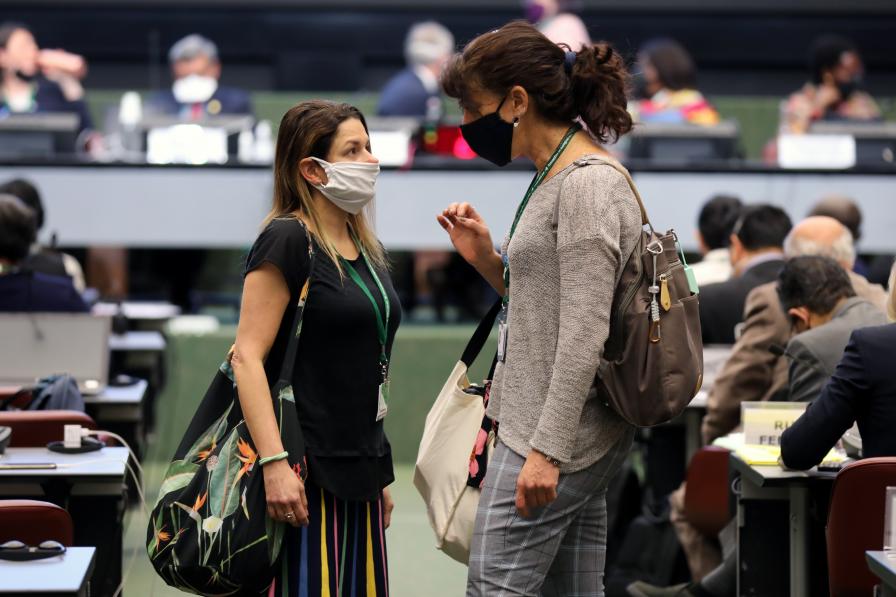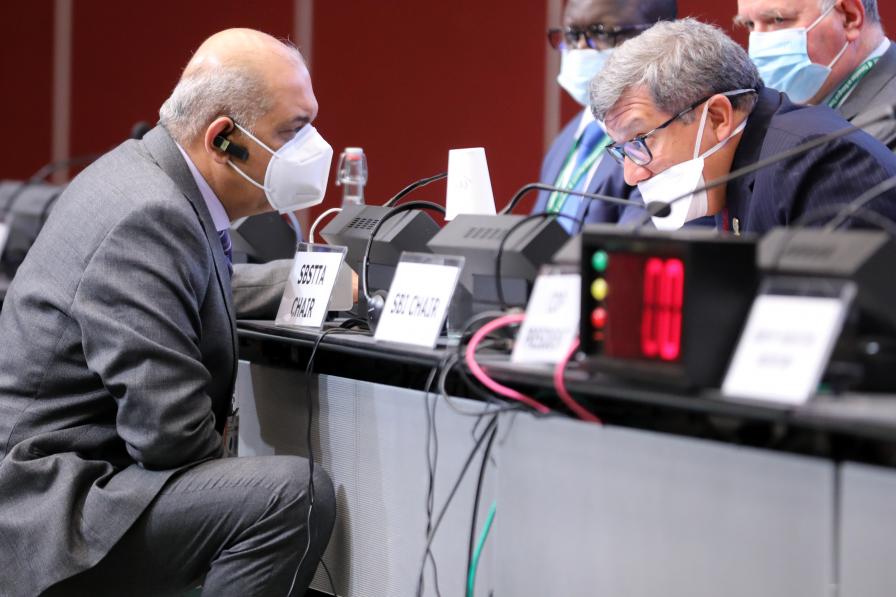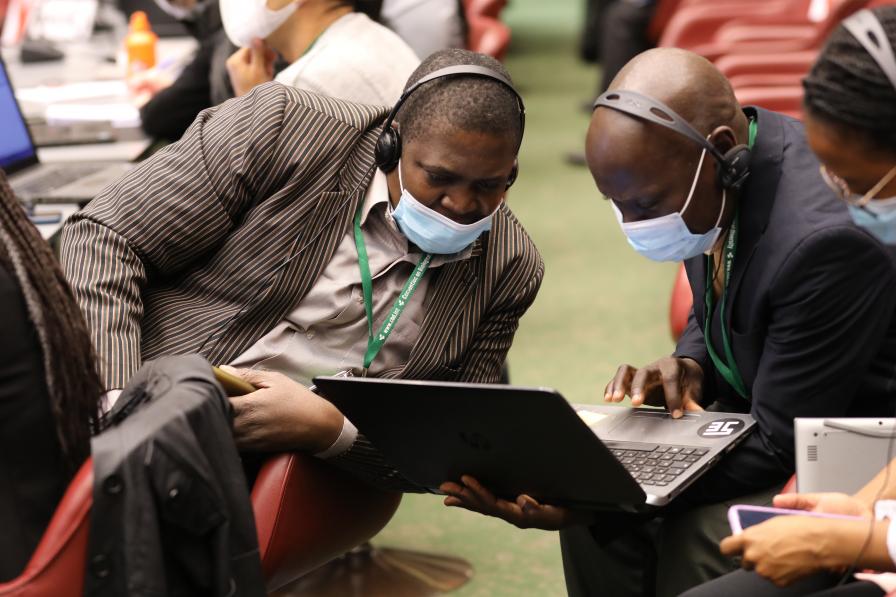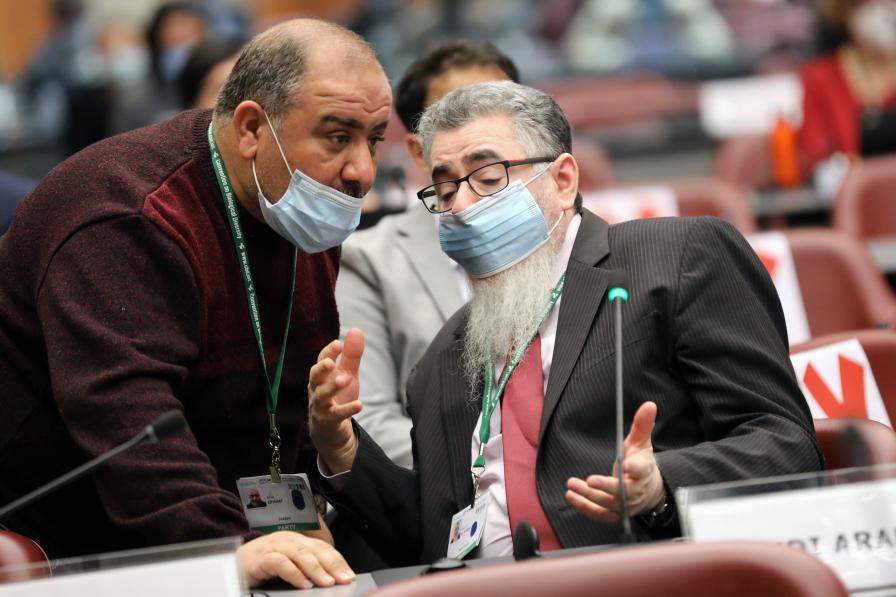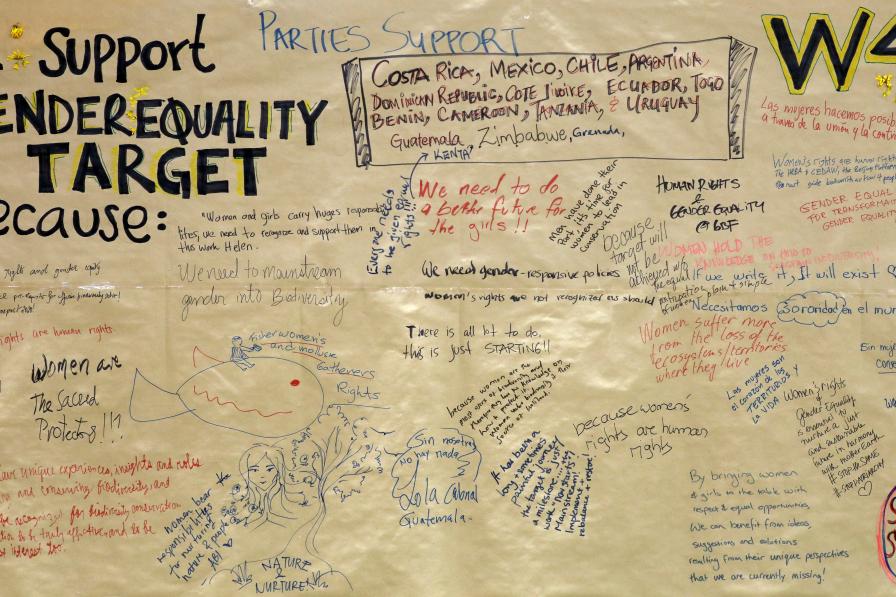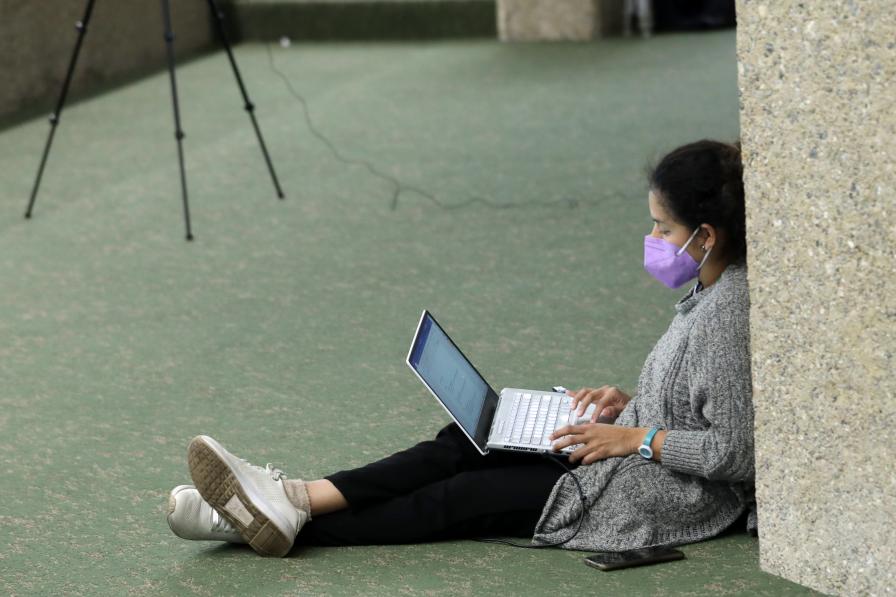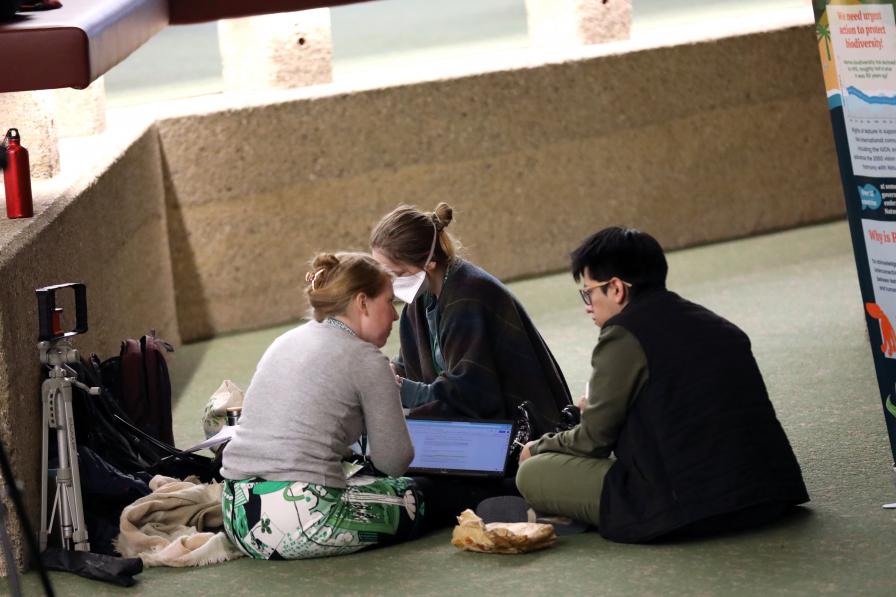Taking stock of progress took central stage at the Geneva Biodiversity Conference, with a joint plenary of the three bodies taking place in the morning to coordinate work under the Working Group on the post-2020 global biodiversity framework (WG2020); the Subsidiary Body on Scientific, Technical, and Technological Advice (SBSTTA); and the Subsidiary Body on Implementation (SBI).
To dive deeper, read the full Earth Negotiations Bulletin daily report.
The joint plenary listened to reports from the WG2020 Co-Chairs Francis Ogwal (Uganda) and Basile van Havre (Canada), and the subsidiary bodies’ Chairs Hesiquio Benítez Díaz (Mexico) and Charlotta Sörqvist (Sweden). They all noted progress, but also highlighted considerable outstanding work. Zhou Guomei, Deputy Secretary General, China Council for International Cooperation on Environment and Development (CCICED), on behalf of COP President Huang Runqiu, Minister of Ecology and Environment, China, urged delegates to keep interventions as focused as possible, strive for consensus, and deliver a concise and communicable post-2020 global biodiversity framework (GBF). She closed the session by stressing that “great choices are always simple.”
Following the joint plenary, SBSTTA held its own plenary, listening to reports from Contact Group Co-Chairs and addressing invasive alien species (IAS), and marine and coastal biodiversity. On IAS, the discussion was productive, but disagreements arose on various parts of the document. Discussions will continue in plenary, including on taking into account diverse values of biodiversity when assessing costs, benefits, and prioritization of the management of IAS as well as on applying the precautionary approach when considering methods such as engineered gene drives.
In the afternoon, a WG2020 Contact Group focused on digital sequence information (DSI). Arguably the most controversial item in the entire agenda of the Geneva Biodiversity Conference, DSI attracted a record number of interventions when first addressed in plenary on Monday, 21 March. The Contact Group discussion was rich, and the non-paper developed by the group’s Co-Leads Gaute Voigt-Hanssen (Norway) and Lactitia Tshitwamulomoni (South Africa) was received surprisingly well by many delegates. Others were not convinced that it contains a fair reflection of the different views expressed, cautioning against prejudging the outcomes of future processes on DSI. A number of suggestions were tabled and an informal group was formed to advance deliberations. Discussions will resume on Thursday, 24 March.
In the evening, a SBSTTA Contact Group, co-chaired by Alfred Oteng-Yeboah (Ghana) and Andrew Stott (UK), focused on monitoring for the GBF and an SBI Contact Group, co-chaired by Shonisani Munzhedzi (South Africa) and Ines Verleye (Belgium) addressed financial resources and the financial mechanism.
Five side events took place at lunchtime, focusing on:
- the Sustainable Ocean Initiative: 10 years of building capacity and catalyzing partnerships to achieve global ocean goals;
- the pathways for transformative action on the GBF and its implementation;
- building capacity to ensure benefit-sharing from the global DSI system;
- geoengineering and the CBD; and
- presenting the work of the Panel of Experts on Resource Mobilization.
To receive free coverage of global environmental events delivered to your inbox, subscribe to the ENB Update newsletter.
All ENB photos are free to use with attribution. For the Geneva Biodiversity Conference, please use: Photo by IISD/ENB Mike Muzurakis.
